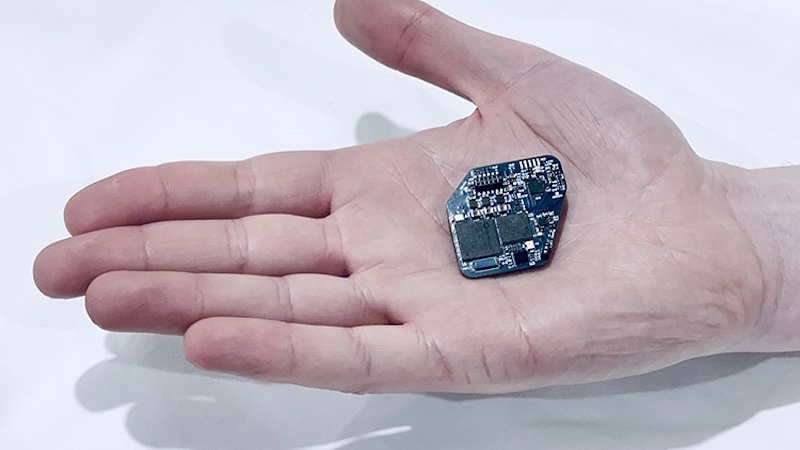This wireless brain implant is said to help with epilepsy and Parkinson’s disease
Researchers at the University of California at Berkley have developed a wireless brain implant that aims to help with neurological diseases such as Parkinson’s and epilepsy through targeted impulses. You also speak of a “pacemaker for the brain”.
New technologies have been conquering the healthcare sector for several years. This results in new treatment methods. This is hardly surprising given that artificial intelligence is expected to surpass humans in the coming years. Recent research shows how implants can support us in everyday life.
So also one small implant by researchers at the University of California at Berkley. This is about neurological limitations. Because many people around the world are struggling with the consequences of epilepsy and the effects of Parkinson’s disease.
The cause usually lies in our brain’s interpretation of external signals, because it takes a lot of energy and clear brain connections to bring order to the neural chaos.
Brain implant regulates communication with electrical impulses
With their new implant, the researchers take advantage of the fact that most of our brain communication is based on electrical impulses. The brain implant sits on one of our most important organs and analyzes the electrical currents in it.
If something doesn’t go according to plan, the device emits an electrical impulse and is supposed to fix the actual problem. The development is new in that the scientists solved major problems of such an implant.
The device is comparatively small and delivers impulses to the brain reliably and without much background noise. That might help the technology make a breakthrough.
Artificial intelligence aims to increase treatment success
In addition to the actual implant, artificial intelligence will probably also help out in the future. This learns with every impulse and therefore adapts better to the wearer than a device with a generic algorithm. However, it will take some time before it is widely adopted.
So far, the researchers have not tested their device on humans. Tests in the near future should show to what extent treatment successes are already possible with the new technology. Then one day people with Parkinson’s and epilepsy could apply for a brain implant and regain a large part of their quality of life.
Also interesting:



